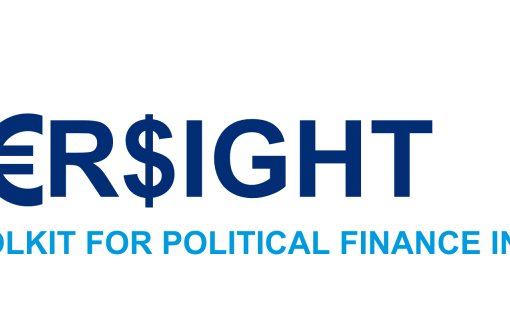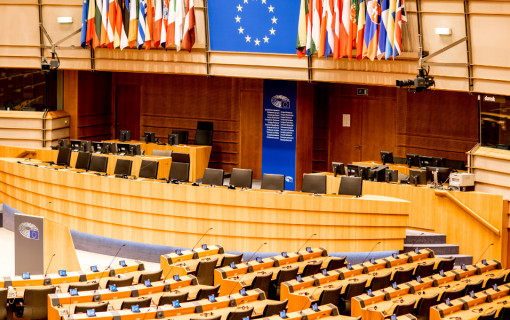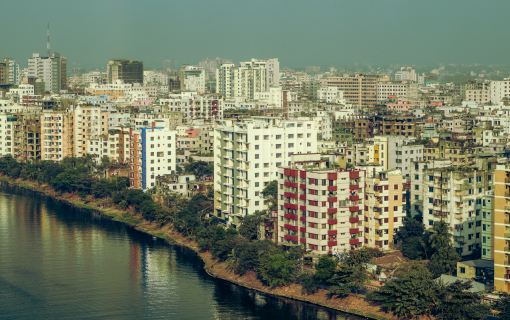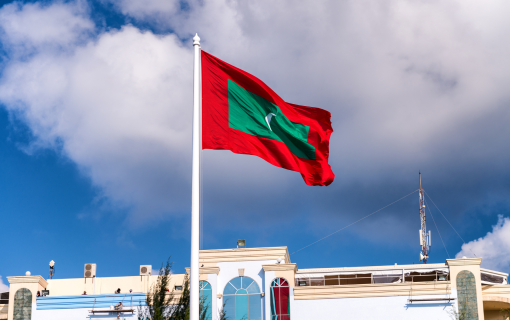Luncheon Briefing on International Religious Freedom: Political Rights of Religious Minorities
On February 20, 2015, Vasu Mohan, International Foundation for Electoral Systems (IFES) Director for Europe & Asia, provided a briefing for Capitol Hill staff on the unique barriers religious minorities in South and Southeast Asia face in participating in democratic processes as voters, candidates, election officials and civil society leaders.
The briefing, which took place in the House of Representative’s Foreign Affairs Committee Room, drew a diverse, bipartisan group of staff and interns from over 20 U.S. Senate and House of Representatives congressional offices. The U.S. Commission on International Religious Freedom was also represented, via the participation of two senior staff members. IFES Congressional and Outreach Liaison Liz Ardagna provided brief opening remarks, then turned the event over to Mohan.
Mohan began the briefing by summarizing several broad themes for the audience’s consideration. He opened his comments on why it is important to focus on inclusion of marginalized populations including ethnic and religious minorities, youth and women and highlighted rights-based, inclusive development and national and global security-based rationales. He shared IFES' commitment to ensure that all people have a say in not only who governs them but also how they are governed, meaning that democracies are not just representative but also participatory.
Citing some recent global crises, Mohan discussed the importance of facilitating inclusive and peaceful mechanisms of change that will serve as a bulwark against a lack of voice and future radicalization of disenfranchised populations. Concerning the rights-based approach, Mohan stressed the importance of ensuring the meaningful political participation of marginalized populations, noting that even when marginalized groups are permitted to share their needs, if they are not politically represented then they do not truly have a voice in how they are governed.
Drawing on examples from Asia, Mohan discussed barriers that can prohibit or hamper the political participation of marginalized groups: 1) legal disenfranchisement (e.g., laws that bar a certain group from voting); 2) access issues (e.g., money not available for aspiring politicians from marginalized communities); and 3) environments of intimidation (e.g., anti-minority violence). Mohan said that often a hostile electoral environment can deter the political participation of minority groups as effectively as a legal barrier.
Mohan closed with IFES’ unique and remarkably successful Muslim Women’s Initiative in India as an example of how minority women and youth empowerment supports effective new leadership to mainstream minority rights and participation. The event concluded with an audience Q&A, including a range of additional questions on the perceived increase of religious nationalist movements in Asia, and how IFES was able to build grassroots support for its Muslim Women’s Initiative in India.









